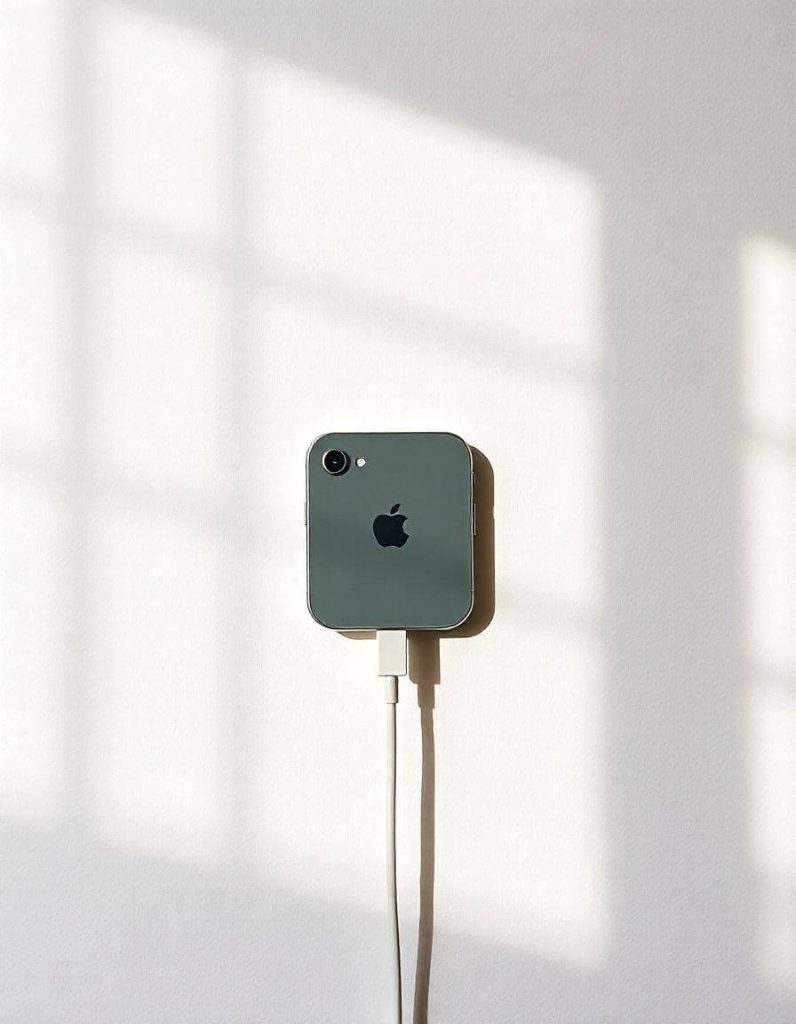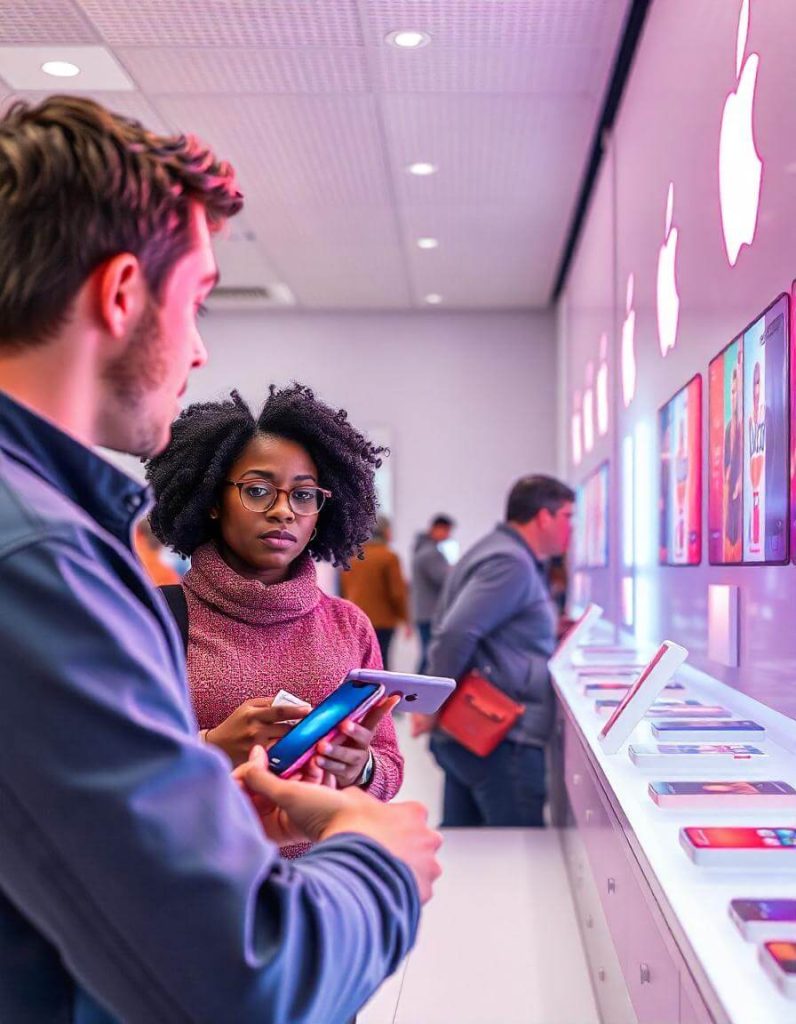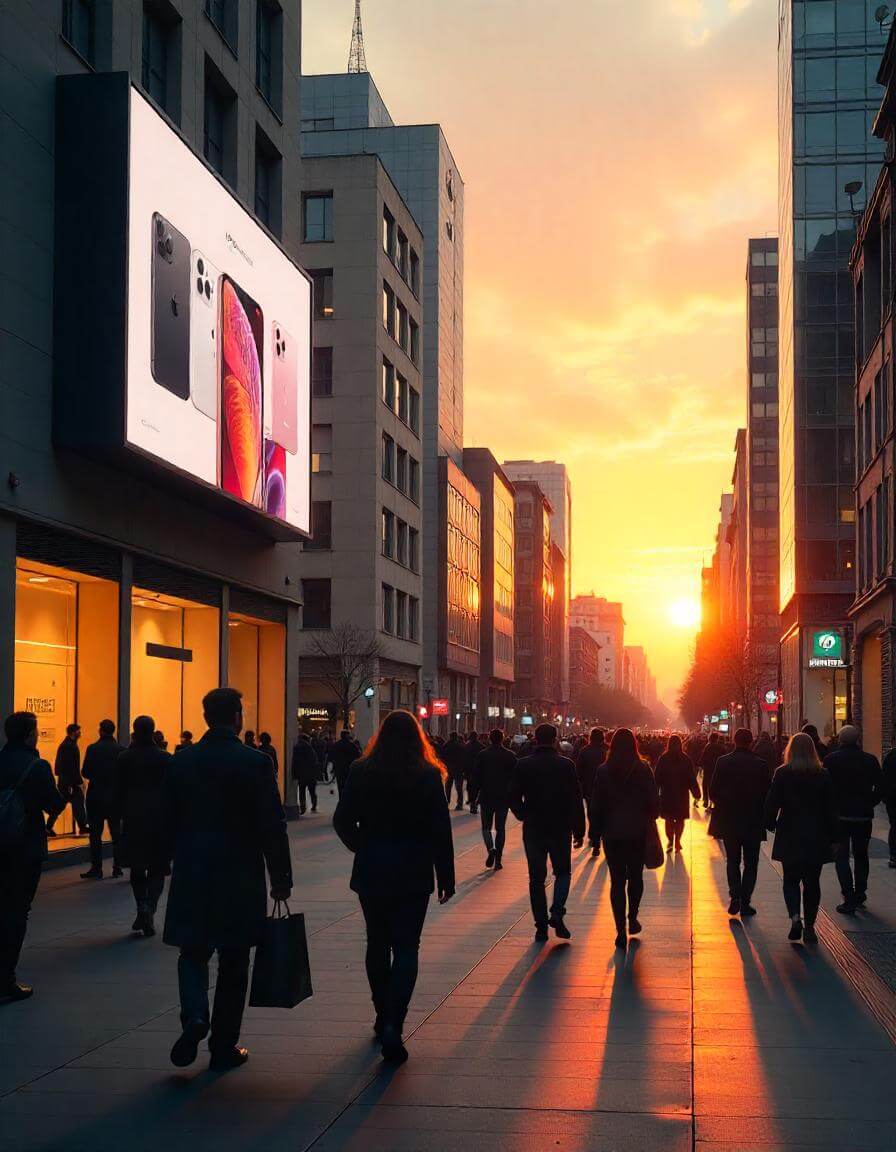Apple Takes Down iPhone SE, 14, and 14 Plus from its EU Online Stores Due to New Requisites regarding Chargers
Apple iPhone SE, which is the third generation of this model, IPhone 14 plus and IPhone 14 which are part of Apple’s European product line are not able to be selected by the customers in EU region due to the new universal charging regulation set by the European Union. Apple’s stores in EU have also suspended selling such phone models until they comply to the circular which is effective from December 28, 2024. This clearly indicates that the company is obliged to modify its charging plan.
Common Charger which ensures that there is a reduced amount of e waste due to phones having different kinds of chargers is basically being endorsed by the European policy makers which led to this whole situation.
All portable devices to be sold in the EU region after December 2024 will have to be universal charging compliant and not only be limited to smart phones as well making the eco system of the European Union way smoother for not just the customers but the environment as well. Additionally, according to the regulations by the EU too many unnecessary wires and connectors for each device will also be avoided since the switch to USB ports will result in a significant reduction in this possibility.
For a couple of years now, this regulation has been in the pipeline and Apple will be able to enforce its unique standards for which charging will be based on the popular type C charging. The technology sector situation is in for change.

How Apple has faced the Regulation
In order to comply with the new regulations, Apple has removed the iPhone SE, iPhone14, and iPhone14 Plus from online sales in some EU countries. This design has a Lightning port, which has traditionally marked an iPhone. Apple has to get rid of these models off the market since they are not compliant with the USB-C standard set by the EU guidelines.
The third generation iPhone SE and the iPhone 14 series iPhone released in September 2022 have the lightning ports. As its predecessors were issued earlier, Apple has to do away with regulation non-compliant products in order to meet EU standards.
Affected Markets and Timeline
Apple’s online stores in Switzerland and in other EU countries, have not sold these models since December 20, 2024. This shift is likely to extend to the likes of France, Spain, and other member states as the due date tends closer every day.
This is likely, however, not required since, even Apple has banned the iPhone 14 series, it might still be being sold in selected EU regions until such time the law comes into force.

What’s Next for iPhone SE/14 Series?
The iPhone SE and iPhone 14 series are likely to carry on even after these models were withdrawn from EU. Apple is most likely to receive USB-C compatible versions of these devices. The iPhone SE 4th generation anticipated to be announced in early 2025 will possibly be featuring USB-C port in order to overcome the barriers posed by the EU.
Apple’s newly launched devices would now be sold to EU customers, but in a changed manner that is the charging requirements in the great select would be honored, otherwise, there would be no access to the devices. The iPhone 15 series which was launched in September 2023, previously lacked the USB-C port that is now a requirement for EU compliance.
Future of Apple’s Charging Strategy
Eu’s common charger mandate is an initiative that demonstrates unity by being in favour with the goal (that is environmental protection) however from a point of view of active developer it is not a such a supportive means. Implementing USB-C into the chargers means less annoying mismatching cords and chargers for the optimum adaptability of the devices.
Switching over from Lightning port to USB-C might cause issues for some users but judging from Apple’s responses to changing policies across different global markets it is evident that Apple is an adaptable firm. Other leaders in tech, who also have to operate under global rules, might do the same and switch to USB-C.
Conclusion
One of the reasons that owned the successful iPhones were the products with light charging, a total of three models which were slowed down this decision let Apple took one step back. As regards the December 28 deadline and how the EU intends to navigate MEP will only claim further progress on charging standards for the region. Reasonably, facilities specially tailored for sustaining economies and societies can manage however inefficient power sources only badmouthers can.
If you are interested for more : “Apple Adapts to EU Regulations, Paving the Way for a Unified Charging Future” – Nova Pulse, “Attack on Titan: The Last Attack – A Spectacular End to an
